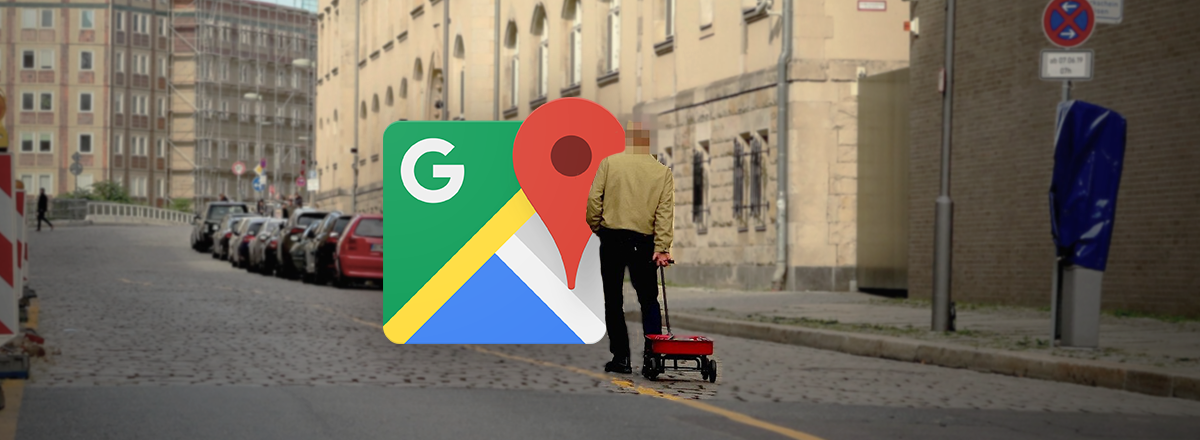A German performance artist Simon Weckert created a fake jam in the Google Maps app.
Weckert loaded 99 smartphones connected to Google Maps into the cart and strolled along the streets of Berlin with it. The man managed to convince the web mapping service that almost a hundred drivers drove slowly along some sections of the road.
The experiment led to the fact that real drivers were forced to go around the "red" streets, which subsequently became empty.
The artist succeeded in deceiving Google Maps because unique algorithms of the service take into account the number and speed of the devices in movement.
Weckert emphasized that applications such as Google Maps have significantly changed the understanding of maps and our interaction with them. According to him, online maps are virtually changing the real city. Many applications, including Tinder and Airbnb, rely on Google Maps technology.
But some people started to doubt the veracity of the experiment and began to argue about Google algorithms:
I call BS on this one. The phones need proper GPS reception for this to work and the ones in the deeper layers of the cart will not have that. Furthermore Google will probably filter out cases like "99 phones on a single spot". They need to filter out pedestrian traffic anyways.
— Juli Jane (@_julijane_) February 2, 2020
what about 99 people with smartphones in a bus? same effect?
— FrauFoo (@FrauFoo) February 2, 2020
Isn't it cleared a few minutes after another google maps user drive past in normal speed?
— Mirar (@Mirarkitty) February 2, 2020
Others found this life hack useful:
someone will make this remote controlled and provide a virtual traffic jam as a service
— @uint8_t@chaos.social (@uint8_t) February 2, 2020
you can order it to reduce traffic in your neighborhood
It should be noted that Simon is not the first artist who deceived Google maps. Ge Yulu, a Chinese artist, independently named the street after himself. Back in 2013, Ge discovered a street in Beijing that did not have a name yet and decided to call it after his own name. As a result of this scam, the name was first used by the AutoNavi mapping service, and then other similar applications like Apple Maps, Google Maps, and Baidu followed it.
The authorities, in turn, made a statement that unauthorized signs should be torn down.















